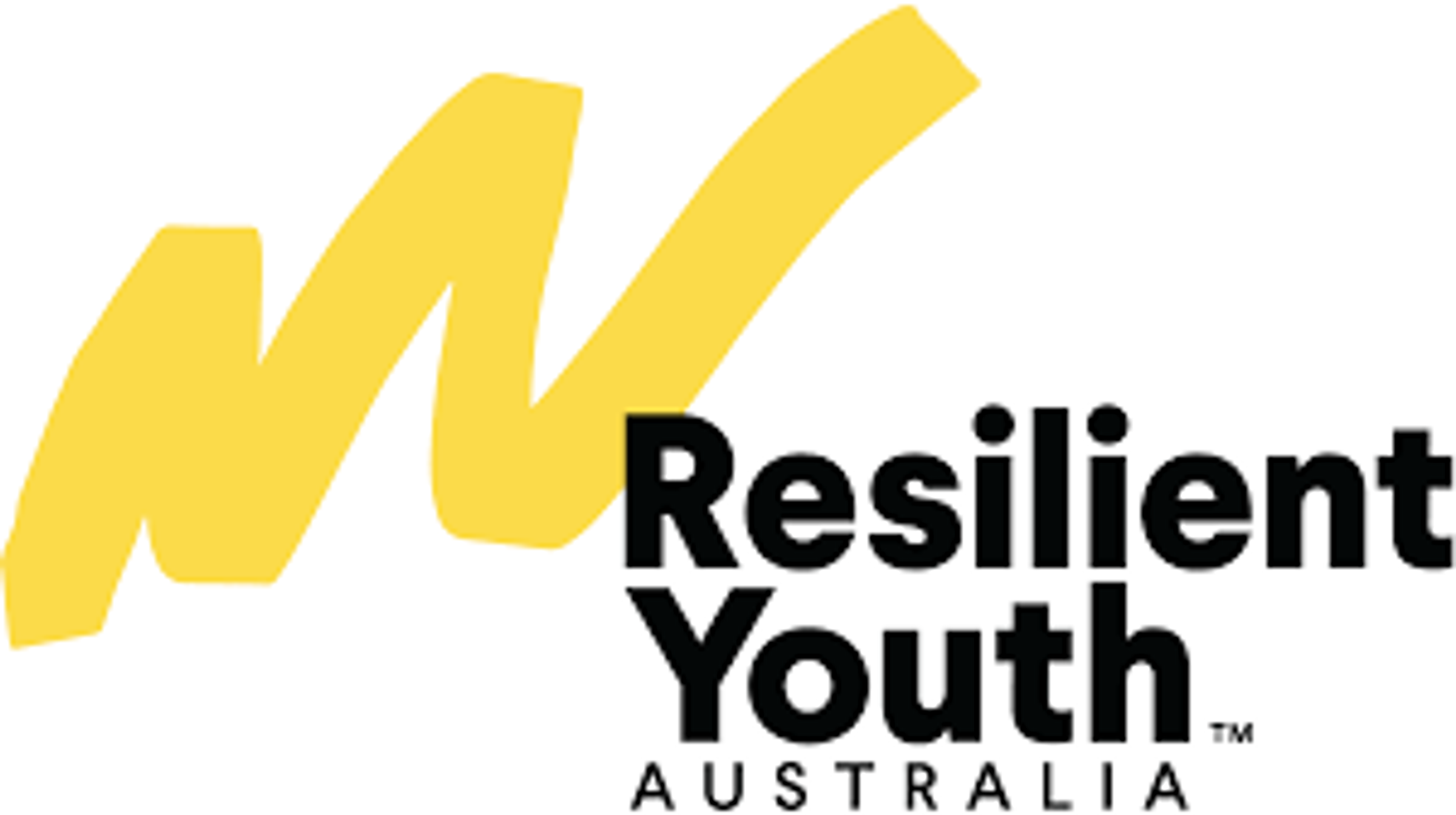Youth Resilience Surveys

Our Years 3 - 6 students completed an online survey for the Student Resilience Project earlier this year. We do this each year at St Mary’s. In our professional learning teams, staff reviewed the Resilience Survey reports together to explore the strengths and challenges that our students have reported. We also used this professional development time to identify questions to ask students at different levels to help explore the data meaningfully.
We also wanted to prioritise student's voice, and in the past fortnight, we have started a conversation with our students through focus groups and class discussions.
In Year 3, students spoke about the Youth Resilience Surveys with their teachers.
In the reporting area, connected, the discussion centred on focus questions about support from family and having teachers who care. Teachers asked students what support from family sounds like and celebrated their wonderful results. Student data was very positive in both areas and well above the Australian norm.
Students commented, “It sounds like family speaking nicely and calmly to one another”. When asked to identify how they know a teacher cares, students said it sounds like a teacher saying, “Let me help you with that.”
The students discussed loving feedback from their teacher, where they were told the positive things about their work plus one thing to work on. Year 3 students also mentioned being listened to and supported when sorting out friendship problems.
Another discussion point in Year 3 centred on an understanding of self, particularly their confidence to talk about things that upset them. In their classrooms, students spoke about developing emotional language to talk about things that upset them more easily. Students also spoke about the importance of trust in relationships to speak openly about upsetting things.
In Year 4, Classroom Teachers used Circle Time to discuss questions centred around growth and fixed mindsets and using positive self-talk. Many students in this year level expressed pride in recent sporting achievements and were proud of themselves for having a go at unfamiliar tasks in unfamiliar environments. Students also spoke about being open-minded to playing with different people.
When talking about recent challenges and how they overcame them, students in Year 4 spoke about feeling nervous before sporting events or attending the Moonlit Sanctuary excursion. To overcome these nerves, students spoke about using positive self-talk, e.g. “I’ve got this” and “I can manage this”. Afterwards, students reported that they often worry about new things. Still, it is usually okay, and we need to remind ourselves when worried about a new event that we have experienced this feeling before, and it will be okay. Students also reported that they sometimes feel lost in busy spaces and have overcome this using strategies learnt at school, like taking 3 deep breaths.
Following the Year 4 discussion, each student completed a reflection about growth mindsets, fixed mindsets and positive self-talk and posted this on their Seesaw account.
Volunteers from Year 5 and Year 6 met with me. In these focus group discussions, we looked at the data tables and compared students' results at St. Mary’s with the Australian norm. We used the discussion framework: strengths, weaknesses and ideas/opportunities.
There was much rich discussion in these focus groups, and I applaud the volunteers for their maturity.
In the reporting area of positive relationships, over 90% of Year 5 girls indicated they have an adult they can talk to. Despite this positive relationship, the focus group discussed that students could be reluctant to tell adults about a problem. They indicated that they usually speak about big problems but may not speak to a teacher or a parent because they don’t want the other person to be judged and fear they may be discouraged from playing with that person.
The discussion was similar to the Year 6 focus group. Year 6 girls made a link between the item ‘can talk about things if they upset me’ and trust. They indicated that they don’t want their friend or adult to become part of the problem. They expanded on this by indicating that it is important how a friend or adult reacts to them talking about a problem. The don’t want an overreaction and they don’t want the listener to be judgemental.
We discussed whether students felt their opinion was valued by adults, and the discussion groups responded that most of the time, they felt their opinion was valued by adults but that sometimes, adults see things differently from children.
Adults whom students are most likely to see as role models include parents, grandparents, teachers, and godparents. When speaking with boys, sportspeople were increasingly seen as role models, but their responses reflected the ideas shared by the girls.
When discussing social skills, one area the boys identified as room for improvement was getting along with people different from themselves. We then unpacked what different from themselves might mean and students suggested it could mean people with different interests. When Girls discussed the same topic, they indicated that moving on from disagreements was an area to improve. In their words, “Really, all friends have fights or disagreements, but with friends, you should be able to make up”.
In the Year 5 and 6 focus groups, I asked, What is a positive friendship? Students responded that a good friend can be trusted, recognises how you are feeling, is there for you when you are sad, forgives small arguments, makes you feel confident, makes you laugh and allows you to enjoy yourself.
When exploring the area ‘Understanding Self’, focus groups responded to the following questions:
- Are you proud to be the person that you are?
- How easy is it to say “No!” to peer pressure?
- How hard is it for you to get your emotions back under control after you get upset?
The data in Year 5/6 indicates that most students are proud to be who they are. Year 5 boys can say no to peer group pressure. Year 5 boys indicated that it is tough to get emotions back under control.
When discussing the question about peer pressure, a participant from the Year 6 focus group reported that as I got older, I’ve become better at tuning out to negative talk and saying, “That sounds like a lava pit”. Other students reported that it is easier to ignore peer pressure from some students than others. In their words, it “Depends on which friends. Sometimes I might not walk away because I might get judged, sometimes I choose to switch groups if I don’t like what is happening”.
Another reporting area discussed in the senior focus groups was safety. When discussing safety, we discussed questions such as ‘What does it mean to you to be ‘safe and secure’ and ‘how can we ensure that you feel safe at school? When talking about safety in the community and at school, the conversation centered on trusting other people. People behaving predictably made them feel safe and conversely, if people acted unpredictably the students reported feeling less safe. Students identified places where they feel less safe in the community which included parks and shopping centres. Students explained they felt less safe in these environments because they had heard stories about behaviour from members of the public that made them feel tense.
Staff will now use the data from the Youth Resilience to help build priorities for each cohort for the year ahead. These priorities will form the basis of our school’s resilience-building activities, contributing to the wellbeing section of our school improvement plan.
Nathan Eddy
Deputy Principal/Student Wellbeing Leader
neddy@smhampton.catholic.edu.au
